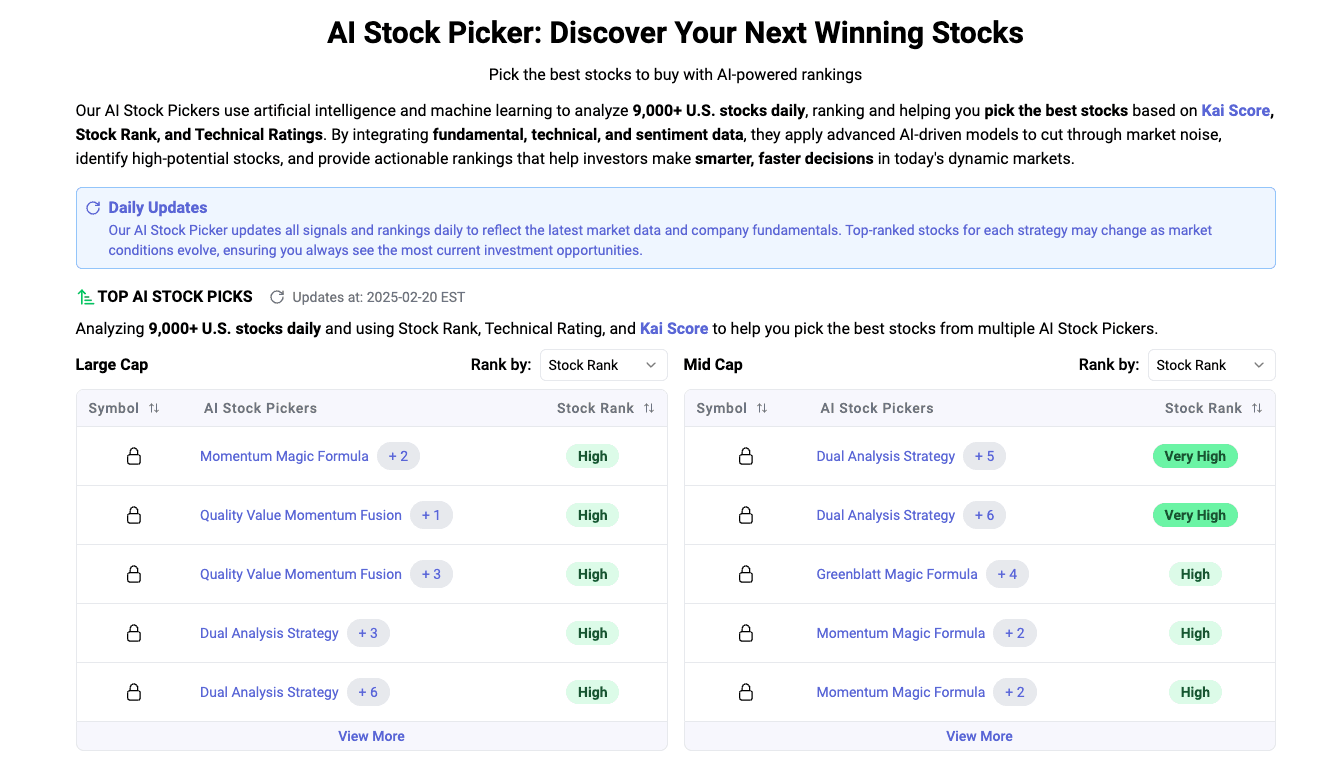MarketLens
China’s Push Against Nvidia: How Discouraging Local Purchases Could Shape AI and Market Dynamics
This report examines the implications of China’s recent guidance discouraging local companies from purchasing Nvidia’s H20 series microchips, which are pivotal for AI applications. The analysis delves into the potential impact on Nvidia’s market share, revenue, and stock performance, considering the broader context of U.S.-China trade tensions and the strategic push for domestic semiconductor self-sufficiency in China.
Introduction
Background
U.S.-China Trade Tensions
The backdrop of this situation is the ongoing trade tensions between the United States and China. The U.S. has imposed stringent export controls on semiconductor technology to China, citing national security concerns and the potential for military applications. These restrictions have significantly impacted Chinese tech companies’ access to advanced semiconductor technology, prompting China to accelerate its efforts to develop a self-sufficient semiconductor industry.
Nvidia’s Market Position
Nvidia has been a key supplier of high-performance GPUs and AI chips to Chinese companies. In the July quarter of 2024, China accounted for approximately 12% of Nvidia’s revenue, amounting to around $3.7 billion. This represented a more than 30% increase from the previous year, highlighting the importance of the Chinese market to Nvidia’s overall business. Despite the challenges posed by U.S. export controls, Nvidia has managed to adapt its products to comply with regulations while continuing to serve its Chinese customers.
China’s Strategic Push for Domestic Semiconductor Industry
Encouragement of Local Alternatives
China’s recent guidance to local companies to avoid purchasing Nvidia’s H20 chips is a strategic move aimed at reducing reliance on foreign technology. The government is encouraging companies to source AI microchips produced domestically, such as those from Cambricon Technologies and Huawei. This push for local sourcing is not an outright ban but rather a regulatory guidance aimed at promoting the domestic semiconductor industry.
Impact on Nvidia’s Revenue
The immediate impact of this guidance has been a decline in Nvidia’s stock price. Following the reports, Nvidia’s shares fell by as much as 3.9% to $119.26. Despite this, Nvidia’s stock has more than doubled in value over the year, indicating strong overall performance. However, the long-term implications could include a reduced market share in China and increased competition from domestic chipmakers as Beijing intensifies its efforts for tech self-sufficiency.
Technological and Competitive Landscape
Domestic Competitors
Chinese companies such as Huawei, Alibaba, Baidu, and startups like Biren Technology and Enflame are identified as potential rivals to Nvidia. However, analysts believe these companies are currently lagging behind Nvidia in terms of technology, particularly in general-purpose GPUs. While progress is being made in developing application-specific integrated circuits (ASICs), competing with Nvidia’s advanced capabilities remains unlikely in the short term.
Technological Gaps and Challenges
Several factors contribute to the technological gap between Nvidia and its Chinese competitors. U.S. export restrictions have hindered Chinese firms’ access to critical technology and manufacturing capabilities. Chinese GPU manufacturers traditionally relied on TSMC for chip production, but due to U.S. restrictions, they now depend on SMIC, which is technologically behind TSMC. Additionally, Nvidia’s success is attributed not just to its hardware but also to its CUDA software platform, which creates a robust ecosystem for developers. Competing with this ecosystem poses a major challenge for Chinese companies.
Financial Performance and Stock Analysis
Recent Stock Performance
Nvidia’s stock has experienced volatility in response to the recent developments. Following the reports of China’s guidance, Nvidia’s shares fell by as much as 3.9%. Despite this decline, Nvidia’s stock has more than doubled in value over the year, reflecting strong overall performance. Analysts maintain a consensus Strong Buy rating for Nvidia, with an average price target of $152.44, suggesting a potential upside of 25.68%.
Revenue Impact
In the July quarter of 2024, China accounted for approximately 12% of Nvidia’s revenue, amounting to around $3.7 billion. This represented a more than 30% increase from the previous year. Nvidia’s Chief Financial Officer noted that its data center revenue in China grew sequentially, highlighting its importance to Nvidia’s overall revenue. However, the push for local sourcing and potential future sanctions could pose challenges to Nvidia’s revenue growth in China.
Strategic Responses and Future Prospects
Adaptation to Regulations
Nvidia has been proactive in adapting its products to comply with U.S. export restrictions. The company has managed to sell modified versions of its H100 chips to China, which have 50% less computing power, to comply with U.S. regulations. This demonstrates Nvidia’s commitment to serving its Chinese customers while adhering to regulatory requirements.
Long-Term Implications
The long-term implications for Nvidia could include a reduced market share in China and increased competition from domestic chipmakers. However, Nvidia’s strong position in AI chip technology continues to attract significant demand from major global tech companies like Meta Platforms, OpenAI, and Alphabet. Additionally, local Chinese firms, including ByteDance and Tencent, had stockpiled Nvidia chips prior to the implementation of export controls, indicating ongoing interest and reliance on Nvidia products.
Expert Opinions
Experts suggest that while Nvidia’s market in China is competitive and potentially hampered by local regulations, the company’s strong position in AI chip technology suggests a resilient future. Despite the challenges, Nvidia’s existing customer base and the ongoing demand for its leading AI technology indicate that the company is well-positioned to navigate the complexities of the current landscape.
Conclusion
In conclusion, China’s recent guidance discouraging local companies from purchasing Nvidia’s H20 chips presents significant challenges for Nvidia. The move is part of China’s broader strategy to bolster its domestic semiconductor industry amid ongoing U.S. export restrictions. While the immediate impact has been a decline in Nvidia’s stock price, the long-term implications could include a reduced market share in China and increased competition from domestic chipmakers. However, Nvidia’s strong position in AI chip technology, its proactive adaptation to regulations, and the ongoing demand for its products suggest a resilient future for the company. As the situation continues to evolve, Nvidia’s ability to navigate the complexities of the current landscape will be crucial to its long-term success.
Related Articles
Category
You may also like
No related articles available
Breaking News
View All →No topics available at the moment






